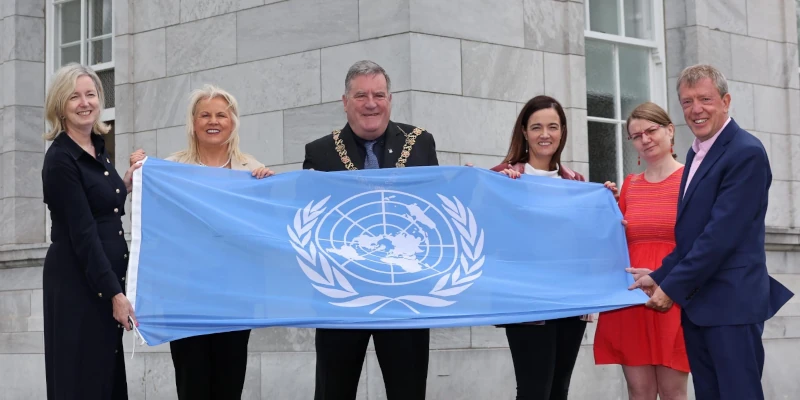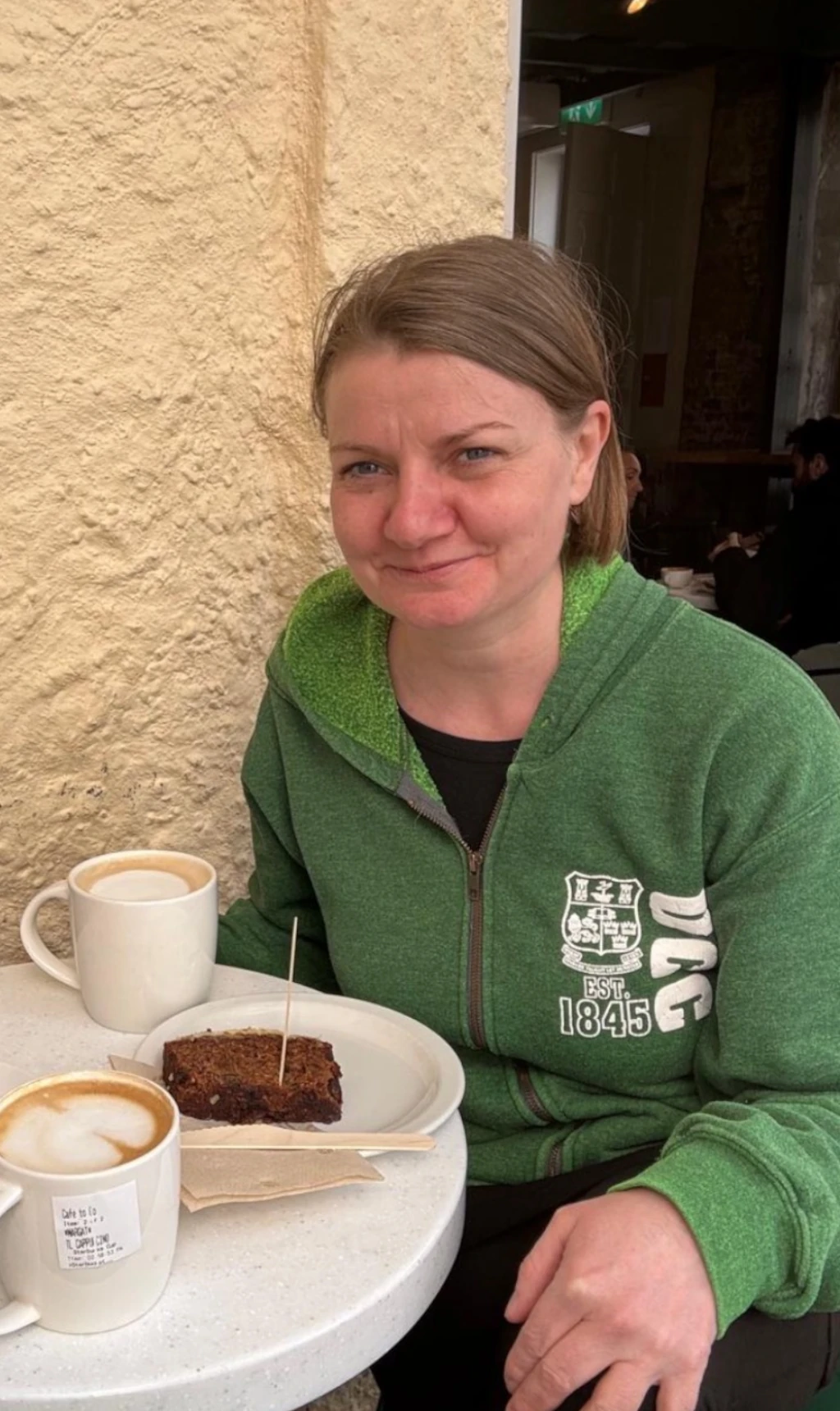Healthy Cities, Ethical Research, and Beyond: A Conversation with Dr Monica O’Mullane

As a passionate advocate for health equity, gender equality, and ethical research, Dr Monica O’Mullane reflects on her inspiring academic journey, her recent book publication on healthy cities, other collaborative projects, and her involvement in ethical research.
Q1, Could you briefly describe your academic career to date at UCC, and the research projects of which you are PI?
I completed my PhD in political science at UCC and subsequently worked as a postdoctoral researcher on a Health Research Board (HRB)-funded project. I later spent time at Trnava University in Slovakia, where, among other things, I led the Slovak team on the Genovate project, which focused on transforming organisational structures for research and innovation through a gender equality lens. UCC was also a partner in this project.
In 2018, I returned to UCC and started as the lead applicant on a Marie Skłodowska-Curie Fellowship, which I conducted part-time over four years at the Institute for Social Science in the 21st Century (ISS21), with Dr Caitríona Ní Laoire as my mentor. This research explored the role of Athena SWAN in embedding gender equality within Irish universities.
Currently, I lead a Health Research Board-funded project titled Development of a Health Impact Assessment Implementation Model Enhancing Intersectoral Approaches in Tackling Health Inequalities, co-hosted by the School of Public Health and ISS21. This is a great collaboration.
Q2, Could you also tell us about your recent book publication ‘Commitment, Collaboration and Continuity: Celebrating Cork as a Healthy City?’
The book tells the story of ‘Cork Healthy Cities’, which started as a small group in 2009 aiming to improve population health and address health inequalities at the local authority level in Cork City. Since 2012, Cork has been a designated World Health Organisation (WHO) Healthy City.
Denise Cahill is the coordinator of Cork Healthy Cities and also co-editor of the book. We wanted to share the story of how the group came together and highlight projects like Green Spaces for Health, a fantastic project which supports a network of community gardens across the city. The book is a reflective piece documenting the story and impact of the movement of Cork Healthy Cities in the city.
 Photo: Dr Monica O'Mullane
Photo: Dr Monica O'Mullane
Q3, You are the convenor of the ISS21 SHAPE (Society, Health Equity and Political Economy) research cluster. What kinds of seminars do you host, and why are they important?
I first convened this cluster back in 2009 when it was called the ‘Health and Wellbeing Research’ Cluster. While I was convenor the cluster invited Joan Devlin, Director of Belfast ‘Healthy Cities’ (BHC) to Cork, to present on the work of Belfast Healthy Cities.
Thinking back now, it was such a timely seminar at an important juncture in the healthy cities journey in Cork. We are highly influenced and inspired by the fantastic work of BHC! After returning to UCC in 2018, I rejoined SHAPE, at the time led by Elushka Fernandez, and recently I became the convener again.
We host seminars on a diverse range of topics. For example, recently we had a seminar co-hosted with CARE 21, a cluster led by Dr Carol Kelleher in ISS21. The seminar was on the provision of care featuring presentations from Professor Julien Mercille from UCD, Dr Carol Power on cooperatives of care, and Dr Clare Edwards on lived experiences of care. We hope to host another event in collaboration with CARE 21 in the autumn. Check out the ISS21 website for the latest updates.
Q4, You recently joined the UCC Research Staff Association (RSA) Committee and met the EU Expert Group awarding UCC the HRS4S Award. Why was this important, and what does the award mean for researchers?
Awards that support and improve research careers are something I am happy to support. I was delighted to meet the expert group and provide input and support during their visit. Our fantastic RSA leader, Rosarii Griffin, led the process, and I was really happy to be there to answer questions and show our commitment.
Q5, You represent researchers on the UCC Ethics Committee. Can you tell us about its work and importance?
Although I’m a relatively new member, I’m delighted to represent the RSA on the Ethics Committee because it plays such an important and central role for researchers.
As someone actively involved in research, I regularly face ethical considerations. For example, when writing grant applications or while doing research. I understand these challenges firsthand, and I’m pleased to contribute my experience to the committee.
The Ethics Committee, led by Professor Ciara Heavin, promotes engagement with UCC’s Research Culture Strategy, oversees training in research ethics, and recently shared new HSE guidance on consent for research involving children and young people.
Q6, Is there anything else you'd like to add?
It’s worth noting that Cork City will host a major WHO event in autumn 2026, bringing together mayors from across Europe to address the topic climate and health. It’s the first meeting of its kind in Cork and comes at a critical time, as we face a climate emergency with serious public health impacts. The event is both important for everyone living in Cork and beyond.
UCC Research Staff Association
Contact us
C/O Hydraulics and Maritime Research Centre, Pouladuff Rd, Togher (UCC Internal)
